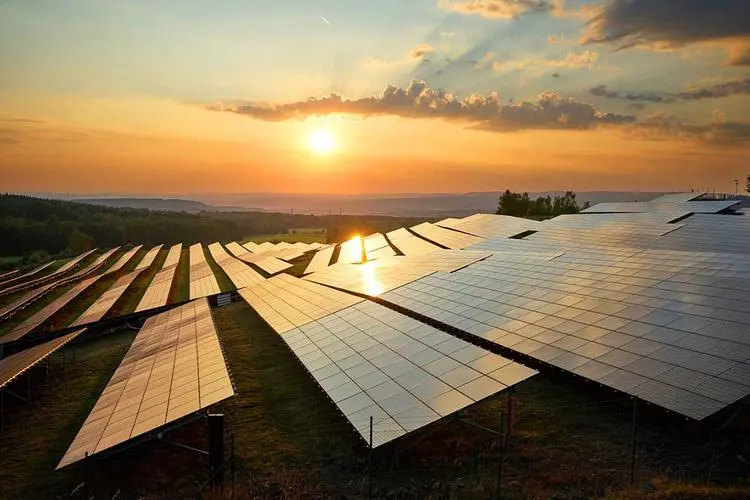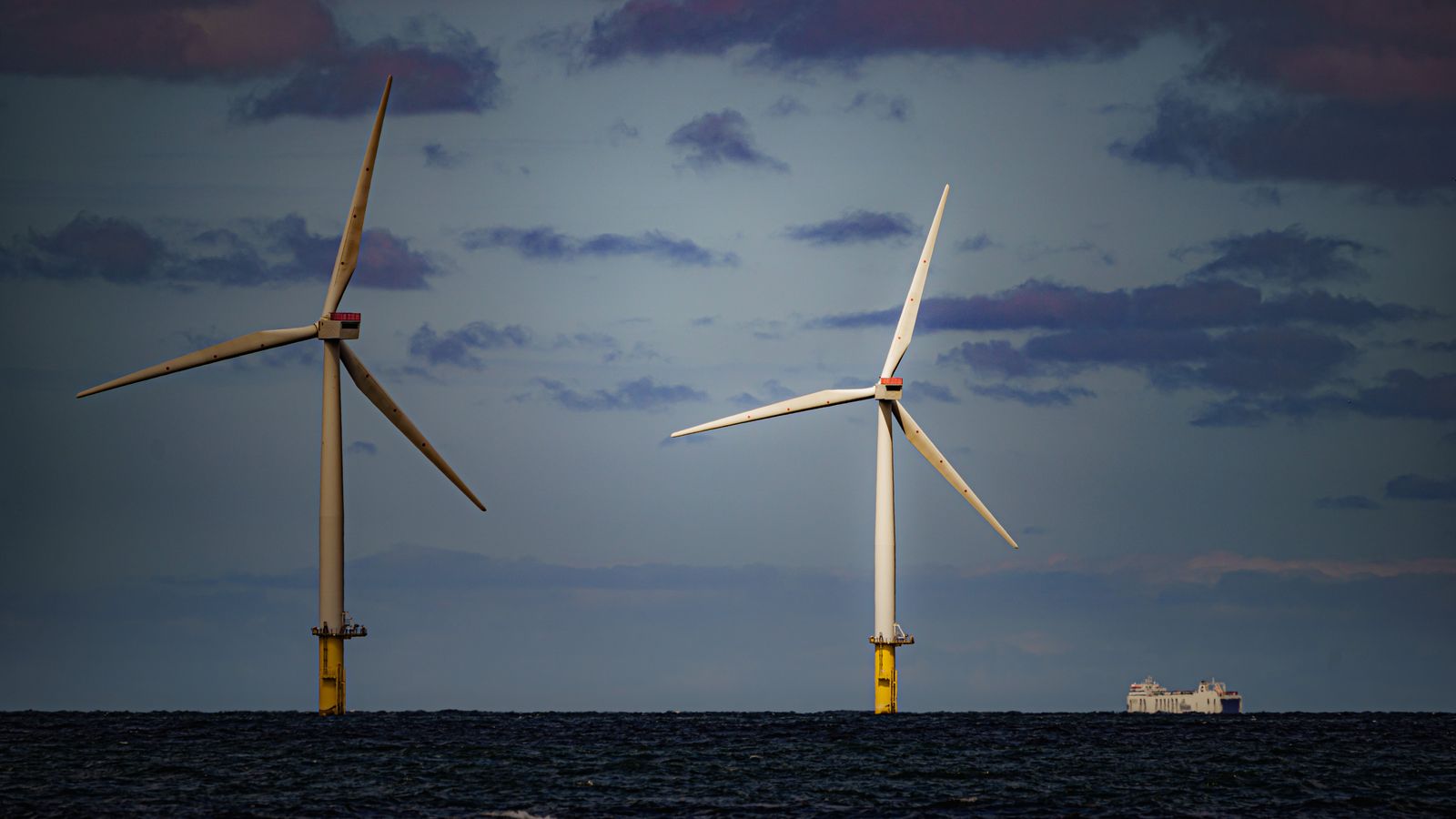Shortfall in Greenhouse Gas Emissions Reductions
Ireland is on track to reduce its total greenhouse gas (GHG) emissions by only 29% by 2030. This is significantly below the legally binding target of 51%, as warned by the Environmental Protection Agency (EPA) in its latest projections. Annually produced data for the EU shows a pattern of missed targets when sustained emission cuts are required.
Impact on Carbon Budgets and Economic Activities
The EPA concludes that the first two legally binding carbon budgets (2021-2025 and 2026-2030) will not be met. This shortfall will be significant, ranging between 17% and 27%. Consequently, more stringent limits will be required in the second budget period from 2026-2030. Excess GHG emissions from the first period must be carried forward, potentially curbing higher carbon-associated economic activities in industries such as agriculture.
Compliance costs also loom due to the likely failure to meet the EU’s effort-sharing regulation target of a 42% cut by 2030. These costs are estimated between €3 billion and €8 billion, depending on the carbon price and EU “flexibilities”. Additionally, substantial EU fines could apply for emissions failures in the industry and energy sectors.
Current Measures and Projected Outcomes
The EPA’s analysis, published on Tuesday, indicates that even with full implementation of the Government’s 2024 climate plan, a reduction of just under 30% is achievable. This best-case scenario includes “additional measures” from the latest Government plans, which still lack funding or legislative backing.
The report highlights that almost all sectors are on a trajectory to exceed their sectoral emissions ceilings for 2025 and 2030. Notably, agriculture, electricity, and transport are the main contributors. However, power generation using renewables such as wind and solar is closest to meeting the targets. EPA modeling suggests that planned climate policies and measures will only lead to a 4% annual reduction in emissions from 2023 to 2030, far short of the commitment to halve emissions.
Call to Action for Accelerated Implementation
EPA Director General Laura Burke emphasized the urgency of implementing all climate action plans and policies, which could deliver a 29% reduction in GHG emissions. She noted the need to translate policy aspirations into ground-level implementation. Burke pointed out the growing momentum in transitioning to a low-carbon society in Ireland, with increasing numbers of electric vehicles, renewable electricity, and new farm practices. However, she stressed the necessity to speed up and scale up the transition.
EPA Programme Manager Mary Frances Rochford underlined the need to accelerate the delivery of renewable technologies to support decarbonized electrification across the economy. This includes adopting known emission reduction technologies, developing new agricultural solutions, providing alternatives to car and freight transport, and reducing emissions from land.
The EPA acknowledged that a range of announced Government measures could generate significant emissions reductions. However, these measures were not included due to insufficient details on implementation pathways. These commitments involve scaling up onshore and offshore wind energy, expanding solar PV, and deploying new flexible gas-fired power generation.
Government Response to Emissions Projections
Minister for Environment Eamon Ryan is set to present several climate memos to the Cabinet, described as “stark” and “sobering.” He will outline the rapid rate of climate deterioration, defying predictions. Ryan will highlight that 2023 was the warmest year on record, with extreme marine heat waves and unusual weather patterns.
Ryan will also address the National Energy and Climate Plan, focusing on Ireland’s actions to meet its EU 2030 targets for GHG emission reductions. This plan considers the EPA’s emissions projections. He will inform the Cabinet that the projections do not fully capture all actions in the Climate Action Plan due to insufficient data.
Source:irishtimes.com





